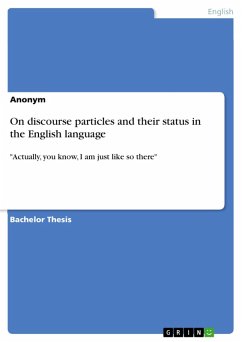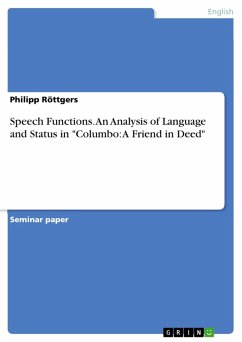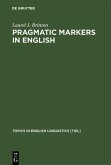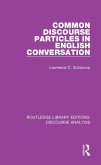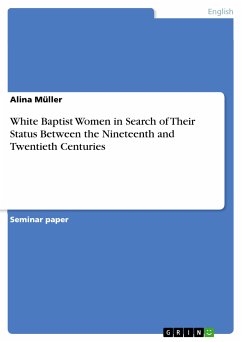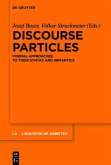Bachelor Thesis from the year 2017 in the subject English Language and Literature Studies - Linguistics, grade: 2,7, University of Göttingen, language: English, abstract: The present paper compares the representations of "discourse particles" in the German and English language. In the first part of this study Zimmermann¿s definition of the German "discourse particles" is outlined and complemented with results from studies by Thurmair (1989), Bublitz (1978), Waltereit (2001) and others that also worked on German discourse particles and put in contrast to concepts of words carrying discourse function in the English language. The study thereby focuses on the prototypical group of words that assume discourse function in the two languages, German modal particles and English discourse markers and illustrates its findings with two of their most prototypical representatives, German wohl and English actually. Both groups are compared in terminology, categorisation and in their morphological, semantic, pragmatic, and syntactic features. Switching from synchronic to diachronic perspective, the study also traces their historical development and it is shown, how these functions developed. In course of this study, it is briefly referred to less prototypical ways of expressing discourse function and it is detected, that there are German particles, that seem to resemble English discourse markers and vice versa. Furthermore, it is touched upon the semantic-pragmatic dispute on how to detect their meaning and it is referred to their role out of a sociolinguistic perspective. Comparing the German and the English concept of "discourse particles", the study is interested in prototypical behaviour and therefore chooses the most common approaches and terminology. Later on in the study, in chapter 2.3.3, it also takes into account less common uses.
Dieser Download kann aus rechtlichen Gründen nur mit Rechnungsadresse in A, B, BG, CY, CZ, D, DK, EW, E, FIN, F, GR, HR, H, IRL, I, LT, L, LR, M, NL, PL, P, R, S, SLO, SK ausgeliefert werden.

